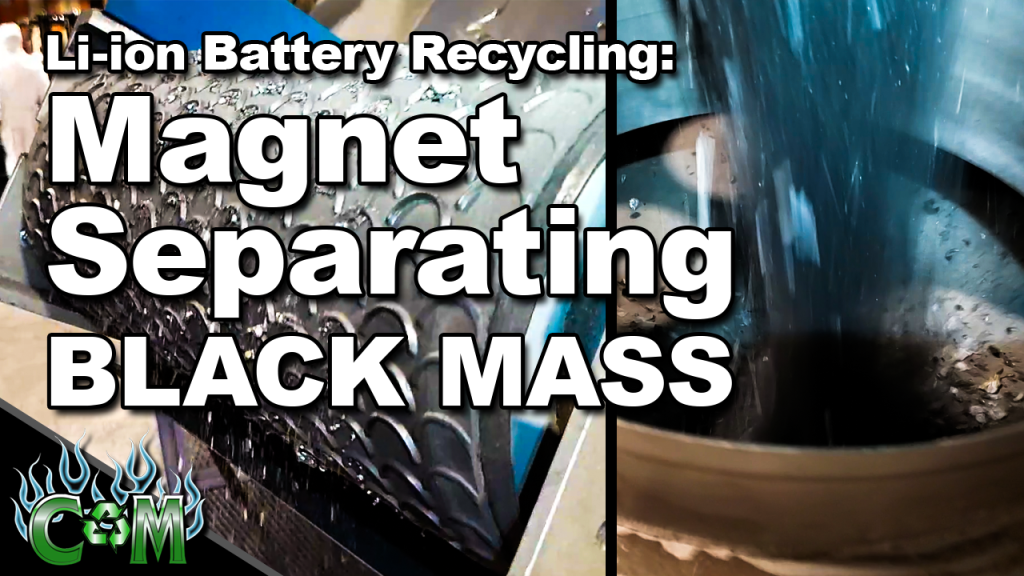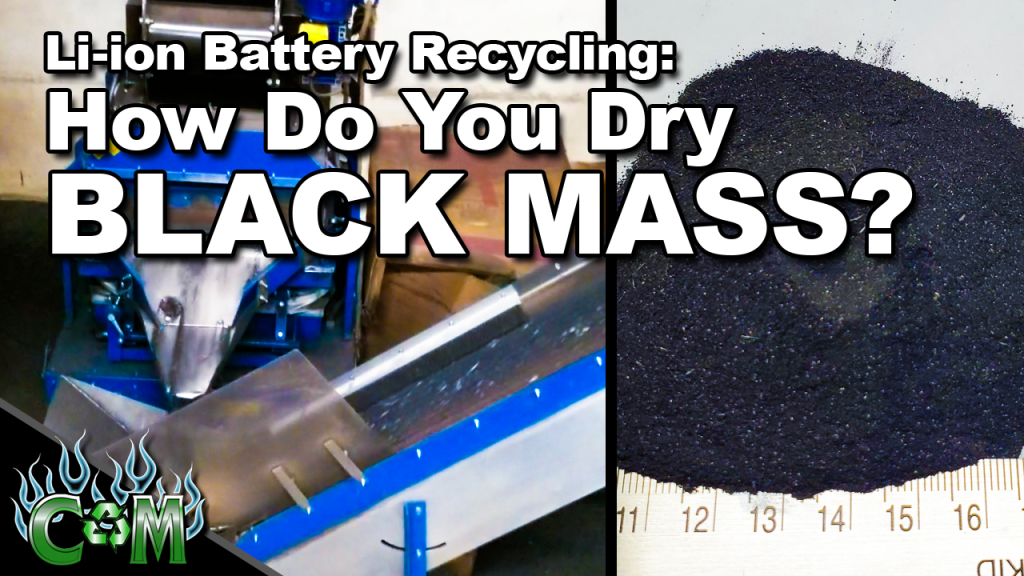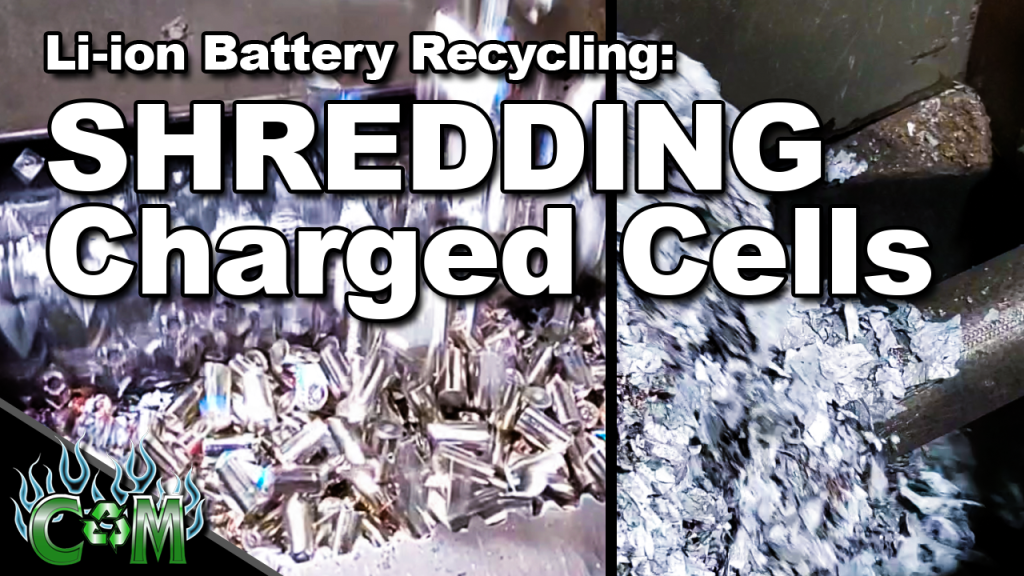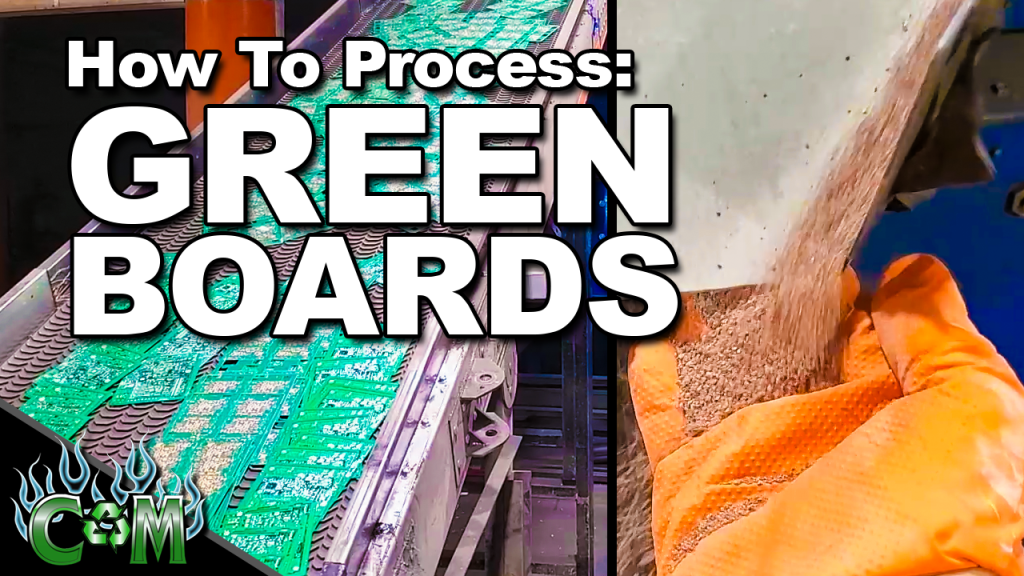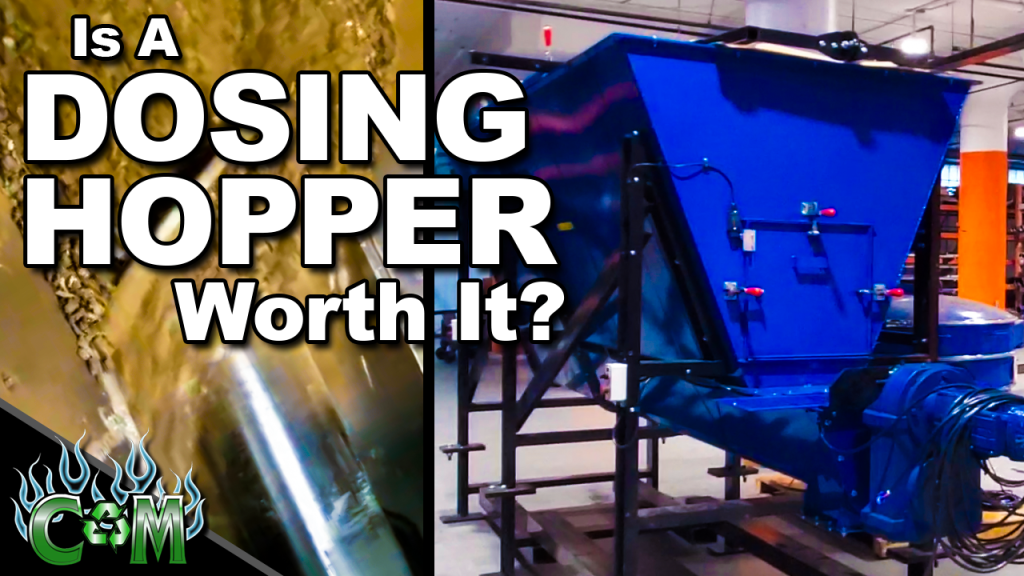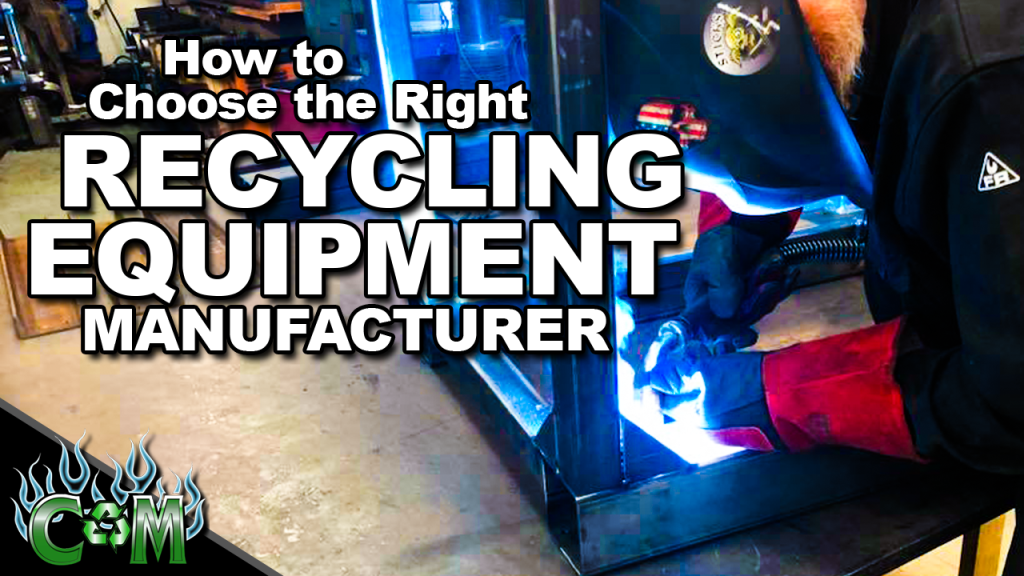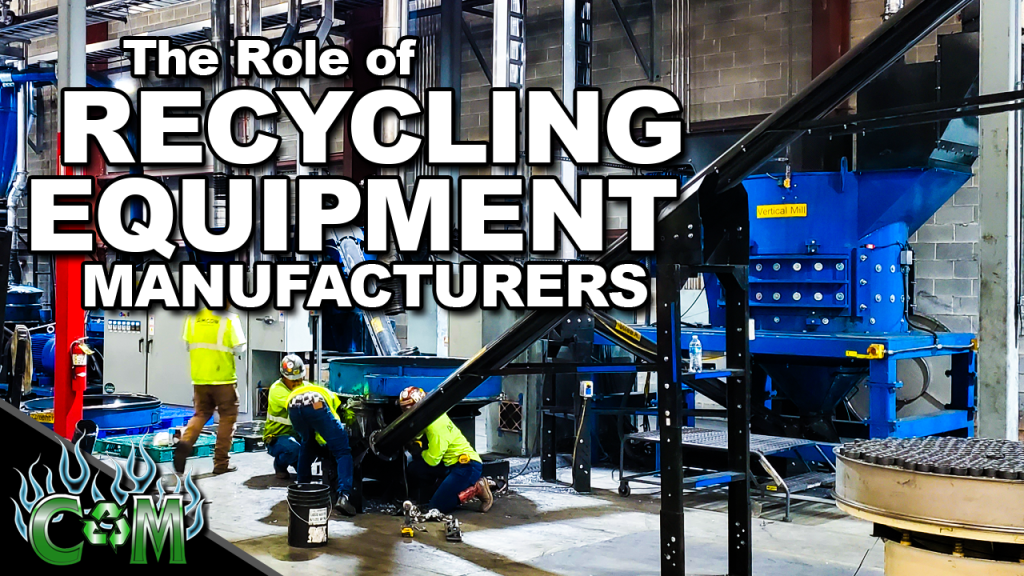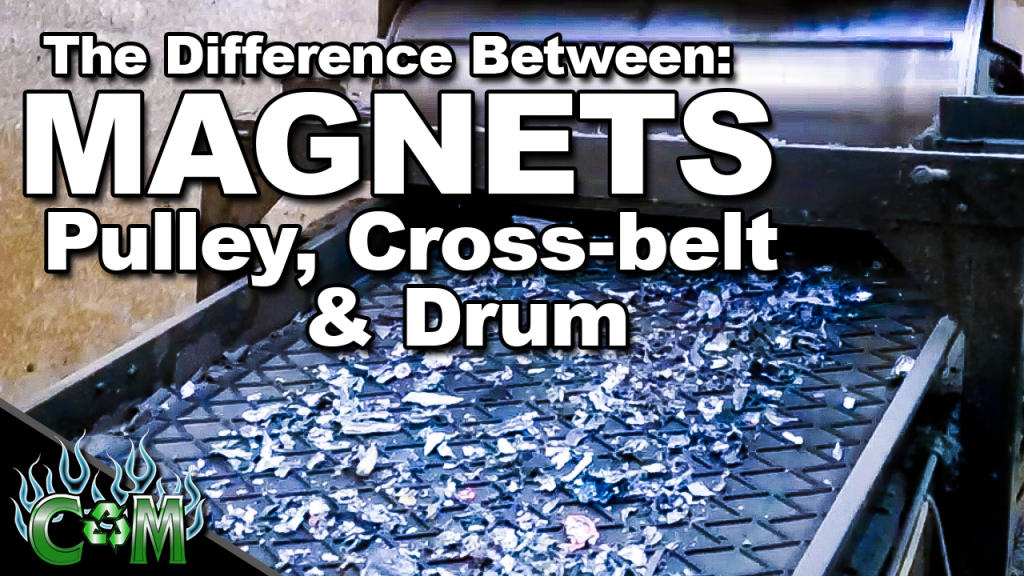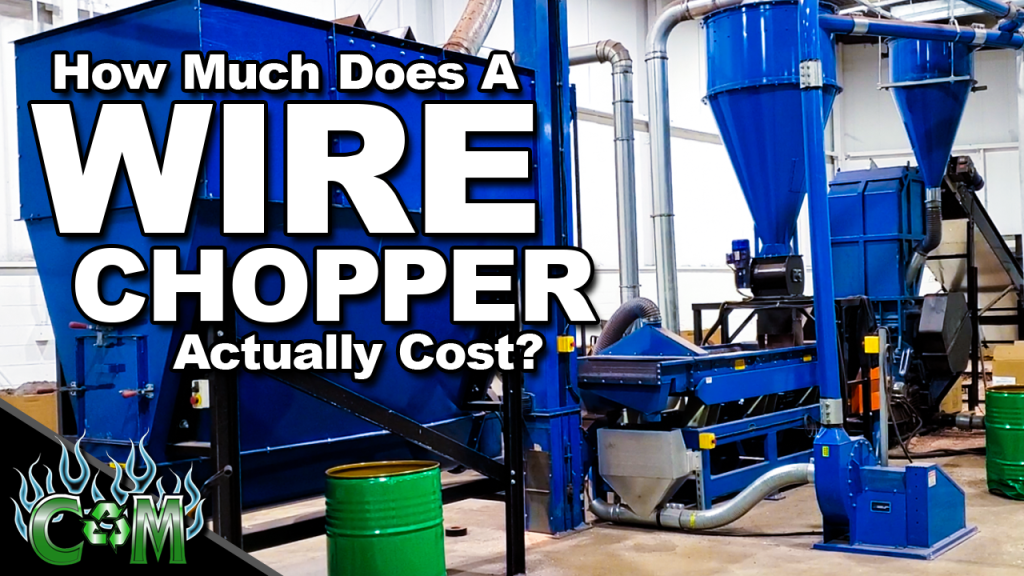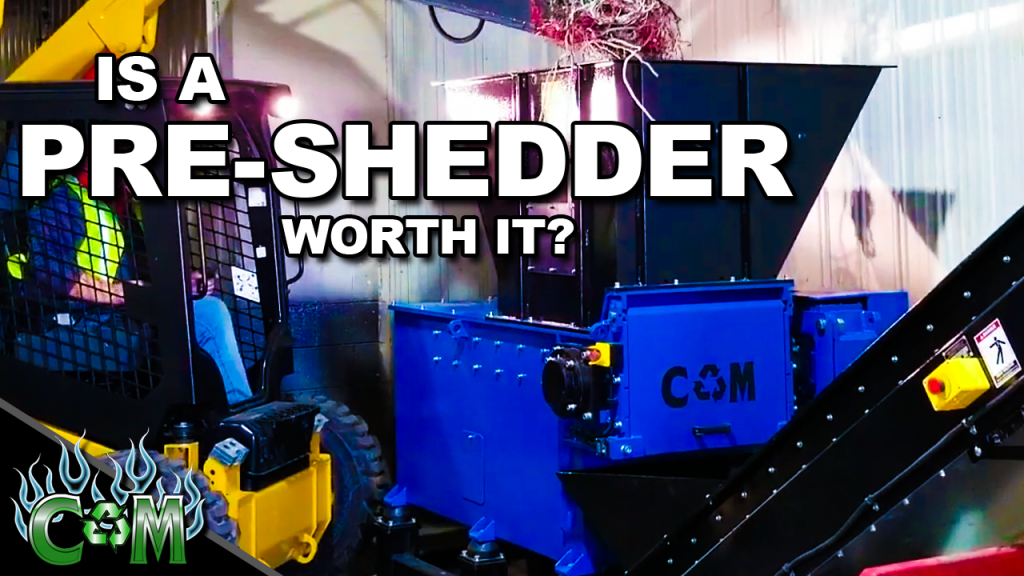
Take Back Control
Be in charge of your processing equipment, increasing recovery, yields, throughput, and longevity with quality-built machinery.

Manage Your Materials
Improve your recycling capabilities with full confidence by finding the right solution for each application, specification, and purity need.

Get Peace of Mind
Harness the expertise gained from hundreds of different non-ferrous recovery system integrations and decades of industry experience.
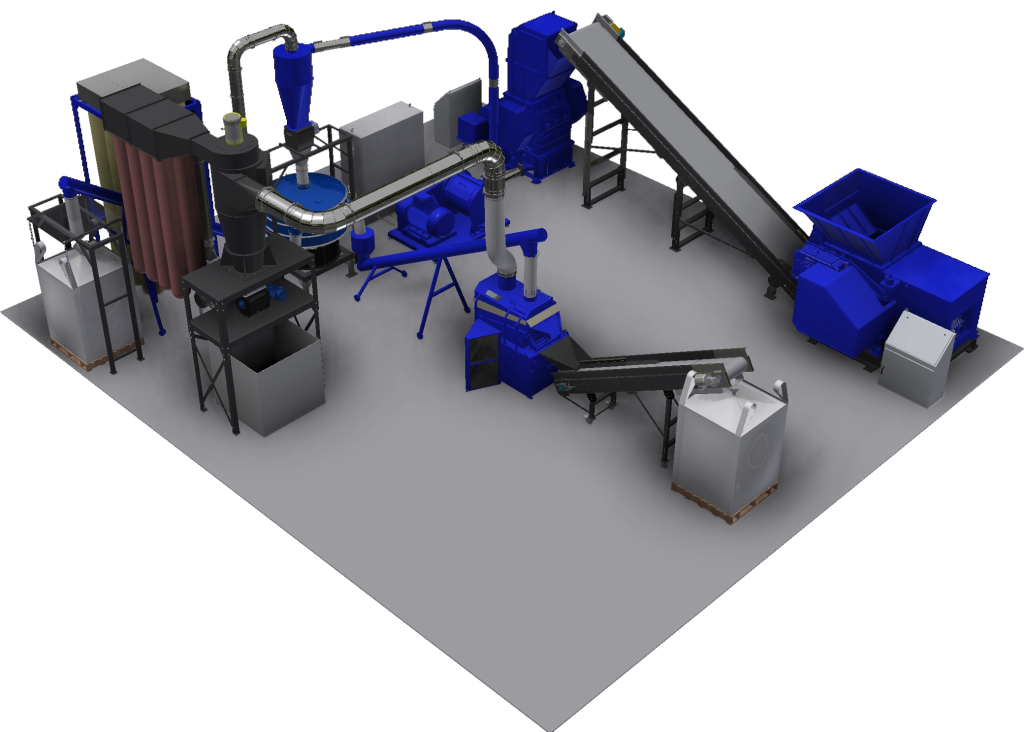
Getting the Wrong Recycling Partner is Costly
Choosing your non-ferrous recycling partner is the biggest decision you will make in your processing equipment business. But, the incorrect choice has very real consequences.
- Unreliable machinery that gives you inconsistent results
- Further purchases to make up for improper equipment
- Unserviceable and difficult-to-maintain machinery
- Unnecessary downtime that impacts your profits
- End-products and yields that leave money on the table
You Need a Recycling Company Who Knows Non-Ferrous Recovery
Your worries should be relieved when choosing a recycling partner, not increased. Working with our team at Cable Management is the long-term move that will help you and your company succeed.
You can expect:
- Expert consulting from decades of experience
- Honest evaluations of your needs
- The right equipment for the job
- Ongoing personable, fast and friendly service
- Wear-items and critical replacement parts in stock
We make it simple to get you the right equipment for your challenges, goals, and budget

Fill Out Our Free Request a Quote Form
Tell us about your non-ferrous recycling needs and relax knowing we will never contact you with unnecessary calls or emails.

Assess Your Options With a Professional
One of our experts will reach out to you within 5 business days and conduct a thorough assessment and review the potential solutions with you.

Choose the Best Fit Solution for You
We will educate you on all your machinery options so you are empowered to make informed decisions for your unique needs.

Lean on Cable Management’s Expertise
We are focused on your long-term success and partnership which is why we are always available for troubleshooting, questions, and help.
Knowledge & Resources
- How Do You Separate Steel From Back Mass?How Do You Separate Steel From Back Mass? Are you wondering how to separate steel from black mass? Are you questioning when is the best time in the battery recycling process to pull your steel out? If so, you are in the right place. In this article, you will learn…
- How Do You Dry Black Mass?How Do You Dry Black Mass? Are you wondering how to dry black mass? Do you have questions about methods to dry black mass and why it has to be done? If so, you are in the right place. In this article, you will learn everything about drying black mass…
- How to Safely Shred Fully Charged Lithium-Ion BatteriesAre you wondering if you can safely shred charged lithium-ion battery cells? Do you have questions about how it can be done on an industrial scale? If so, you are in the right place. In this article, you will learn all about shredding charged cells and, by the end, you will be able to decide if a dry or wet shredding operation is right for you. If you are interested in learning more, stay tuned for upcoming articles where we will cover every detail.
- How to Process Green BoardsDo you have green boards you are thinking of processing? Are you trying to find out how exactly to process them so you can get their full value? If so, you are in the right spot. In this article, you will learn about the best methods for recycling green boards, which are typically made of 40%+ copper. At the end, you will know how to effectively process these boards and whether or not it could be a revenue generator for you.
- Is a Dosing Feed Hopper Worth It?Are you thinking of adding a dosing feed hopper to your processing line? Are you unsure if it even makes sense to add one, or when would be the right time to add one? If so, you came to the right place. In this article, you will learn what a dosing feed hopper is, its benefits, and, by the end, whether they are a worthwhile investment for your operation.
- How to Choose the Right Battery Recycling Equipment ManufacturerHow to Choose the Right Battery Recycling Equipment Manufacturer As the global demand for batteries continues to surge—driven by the rise of electric vehicles, renewable energy storage, and portable electronics—the need for effective battery recycling has never been more critical. Proper recycling not only helps reduce the environmental impact of…
- How Do You Process Low-Grade Wire?How Do You Process Low-Grade Wire? In this article, we are diving into how to process low-grade wire. While there are several methods, we will explain a tried-and-true approach that has worked well for us and our customers over the years. We will break this down step-by-step using a simple…
- The Role of Battery Recycling Equipment Manufacturers in a Sustainable FutureThe Role of Battery Recycling Equipment Manufacturers in a Sustainable Future As the world increasingly transitions to electric vehicles, renewable energy storage, and portable electronics, the demand for lithium-ion batteries continues to grow. However, this rapid expansion brings with it an urgent need for sustainable practices to manage the end-of-life…
- The Different Magnets in Wire ProcessingThe Different Magnets in Wire Processing In this article, we are going to discuss magnets, their various applications in recycling, and how we incorporate them into nearly every system we build. We will go through the different types of magnets we use and explain their functions. 1. The Magnetic Head…
- How much does a wire chopper cost?How Much Does a Wire Chopper Actually Cost? Price is important. It is one of the many details we want to know when researching a potential purchase. When it comes to wire chopping equipment, pricing for a complete system is on a sliding scale. There are many factors that influence…
- How to Handle Lithium-ion Battery Recycling FiresHow to Handle Lithium-ion Battery Recycling Fires Let’s discuss fires during lithium-ion battery recycling. Fires are inevitable in this process—it is not about if they will occur but when. Handling thermal events is a constant challenge when designing and assembling recycling plants. Key Cause of Fires Aluminum: Surprisingly, aluminum is…
- Is a Pre-Shedder Worth It?A pre-shredder can be an asset to any recycling system, but it is not always a necessary add-on. There are a few different ways to determine whether a pre-shredder may be worth it for you and your operations, and the best option depends on what materials you are processing, quality…





